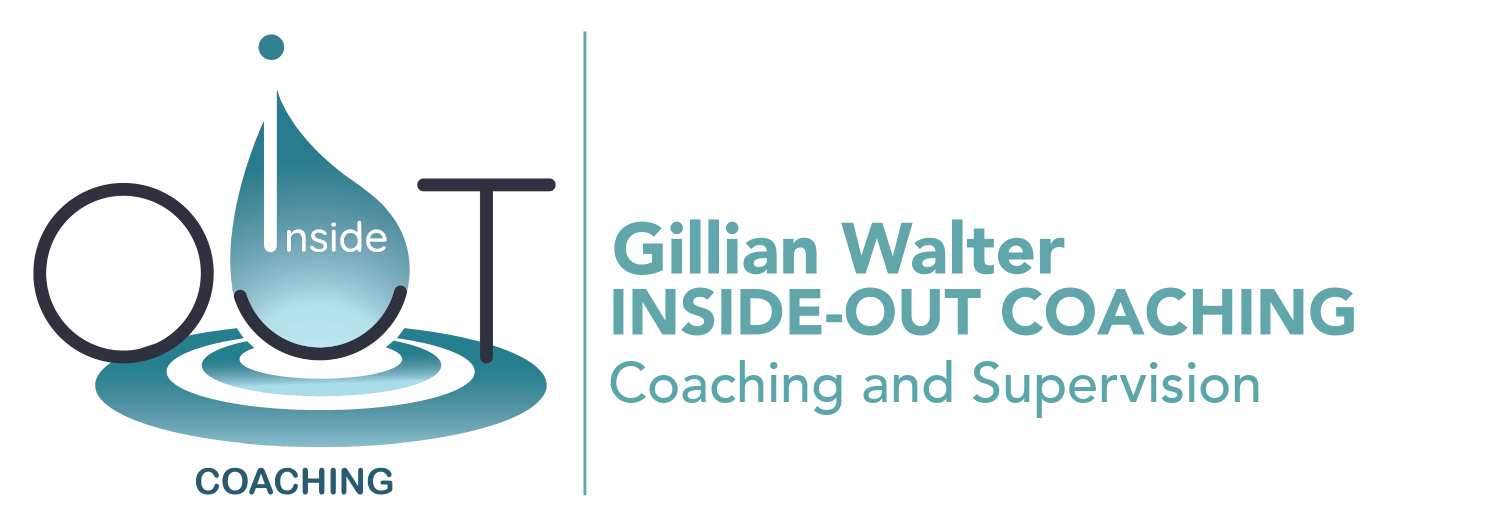
Leadership Lessons from Sailing
As the sales director for a family owned company in the laboratory equipment industry I am responsible for all the global sales and service activities of the company. There are 15 country organisations with a total of 350 sales, service and applications support people. Each organisation is led by a country manager who is responsible for sales and profit achievement and long term development of their organisation. They either report directly to me or through some regional leadership. The company is undergoing a challenging change process driven from a conservative top-down, very detailed management style, towards a people oriented, more democratic leadership culture, better suited for the dynamic, international customer base we operate in.
In order to support this change, I decided to share with all my general managers some leadership insight gained from this summer’s family holiday, which we spent on a sailing yacht in Croatia together with another family. I acted as the Skipper since I am a qualified yacht master. The following were my conclusions and observations. Maybe you can benefit from them too?
The whole crew has a role to play in keeping the boat on a successful course. Each member plays a crucial role during sailing, anchoring or mooring or even when food needs to be prepared in the galley. Happy crew members do a better job, work harder, sustain hardship, anticipate their jobs and help the captain, even if he/she makes a mistake or forgets something now and then. Happiness on a boat is influenced significantly by the relationship amongst crew members and the relationship with the skipper.
The crew also stays happier if they are involved in decisions, understand the reasons of orders and are given freedom in HOW they do what they have to. Even if – according to the law of the sea – a captain of a ship has almost unlimited authority, he/she needs to use the authority wisely. When sailing close to the wind and performing a maneuver such as tacking, each crew member plays a crucial role and has to do it quickly and automatically. If they only do what the skipper tells them to, the boat will not perform or even be unsafe.
Sufficient training in sunny, light wind conditions prepares the crew for hard weather and difficult maneuvers. This is so easy to forget. I did forget as skipper and did not spend enough time explaining the maneuvers, the jobs for each individual, pay enough attention to everybody learning to throw a line, use a boat hook, tighten a sheet with a winch. This led to the odd crisis moment, we lost momentum during a tack, did not stay on course, even had some scary moments in harbors. Practice makes perfect.
The skipper is responsible for the safety of the crew. If the conditions get tough, not everybody can perform the same. During a storm, two of my crew members were violently sick, one was really scared and almost lost the plot, whilst I had to jump into the water to attach a second mooring line as a safety measure and I could rely only on one other person to help me keep the boat safe. Nevertheless, as the skipper I had to ooze confidence and positivity, gave out numerous hugs and sent people to make tea so they could calm down.
So, why am I sharing all this? Because I think our small (or big) organizations are like boats. You guys are the captains and your team is the crew. We are under a lot of pressure and the economic conditions are unpredictable. We need to make sure we have happy crews all over the world with crew members that get better and better at what they are doing. At present, we are experiencing too much involuntary staff turnover in many organizations. We have some people approaching burn-out conditions and sacrificing their personal life (with divorce or separations or similar consequences).
We need to change that and make sure that the people we consider long term assets are happy, well balanced and not overly pressurized. This will require us to become better leaders, better coaches and more compassionate managers.
For our future meetings and interactions, I will make people and team aspects a key aspect of my discussions and challenges to you. Once our teams are right, the rest will follow.
Wishing us all fair winds and following seas!
Christian
The following is a blog piece written by Gillian Water‘s Husband Christan Walter.

